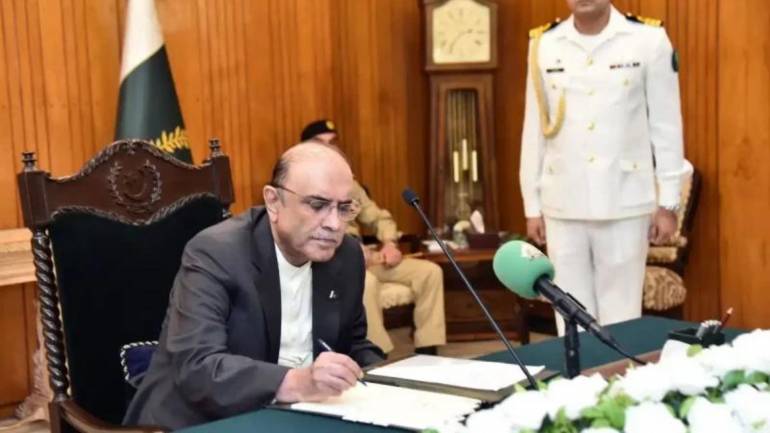Catholic Bishops’ Conference of Pakistan commends new Christian Marriage Act

The Catholic Bishops’ Conference of Pakistan (CBCP) has praised the country's National Assembly for approving a bill that raises the minimum legal age for Christian marriage to 18 years.
The Christian Marriage Act of 2024, passed earlier this month, amends the previous law that permitted marriage for girls at 13 and boys at 16.
The Christian Marriage Act of 2024 was passed earlier this month, amending the existing law allowing marriage for girls at 13 and boys at 16.
In a statement, the CBCP expressed their sincere appreciation to the entire Parliament for the unanimous passage of the bill.
“This legislation will play a crucial role in protecting our young and minor girls from forced conversions and child marriages. We hope the Government will take further steps to [criminalize] forced religious conversions," it said.
The Catholic bishops join the National Commission for Justice and Peace (NCJP) and other Christian denominations in celebrating this historic decision.
Sen. Kamran Michael first introduced the act to the Senate last year to update the law dating back to 1872, when Pakistan was still under British rule.
Naveed Aamir Jeeva, a Christian, delivered it to the National Assembly and it was passed on July 9.
The Christian Marriage Act of 2024 applies to Christians in the Islamabad Capital Territory, located in the northwestern area of the Punjab region surrounding Pakistan’s capital city of Islamabad.
The act addresses the worsening state of child marriages in Pakistan, where 1 in 6 young women become child brides, according to 2018 data from UNICEF.
It also aims to reduce the kidnapping of young girls forced to convert to Islam and marry older men.
Furthermore, the act counters Islamic law, which permits the marriage of girls as soon as they experience their first menstruation, a law that many courts favor over the existing Sindh Child Marriage Restraint Act of 2013.
Radio Veritas Asia (RVA), a media platform of the Catholic Church, aims to share Christ. RVA started in 1969 as a continental Catholic radio station to serve Asian countries in their respective local language, thus earning the tag “the Voice of Asian Christianity.” Responding to the emerging context, RVA embraced media platforms to connect with the global Asian audience via its 21 language websites and various social media platforms.














